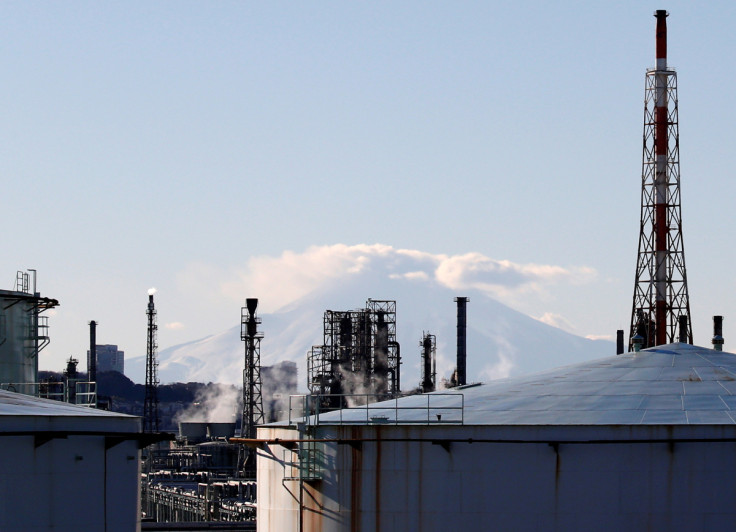Japan's Business Mood Worsens As Costs Cloud Outlook

Japanese manufacturer' business mood worsened in the three months to September and corporate inflation expectations hit a record high, a central bank survey showed, as stubbornly high material costs clouded the outlook for the fragile economy.
Corporate capital expenditure plans for the current fiscal year stayed strong, the Bank of Japan's "tankan" survey showed, thanks in part to the boost to exporters from the weak yen.
But fears of a global economic slowdown cloud the outlook for the export-reliant economy, which is just emerging from the coronavirus pandemic.
"Big manufacturers' sentiment was surprisingly weak as slowing global growth took a toll on the materials sector through declines in commodity prices," said Takeshi Minami, chief economist at Norinchukin Research Institute.
"If the global economy slows further, other sectors may also see sentiment worsen," he said.
The headline index for big manufacturers worsened to plus 8 in September from plus 9 in June, falling short of a median market forecast for plus 11 and deteriorating for the third straight quarter, the tankan survey showed.
Non-manufacturers' index stood at plus 14 in September, up slightly from plus 13 in June to mark the second straight quarter of improvement. It compared with a median market forecast for plus 13.
Big manufacturers expect business conditions to improve three months ahead, while big non-manufacturers' sentiment was seen worsening, the survey showed.
In a glimmer of hope, big firms expect to increase capital expenditure by 21.5% in the current fiscal year ending in March 2023 after a 2.3% drop in the previous year, the tankan showed.
The survey also showed companies expect inflation to stay around the BOJ's 2% target for years to come, underscoring growing inflationary pressure that may cast doubt on the bank's pledge to keep ultra-low interest rates.
Companies expect inflation hit 2.6% a year from now and 2.1% three years ahead, the tankan showed. They project inflation of 2.0% five years ahead, the highest level since comparable data became available in 2014.
Japan's economy expanded an annualised 3.5% in the second quarter as the lifting of COVID-19 restrictions boosted consumption. But many analysts expect growth to have slowed in the third quarter, as slowing global demand and rising raw material prices weigh on exports and consumption.

© Copyright Thomson Reuters 2024. All rights reserved.




















